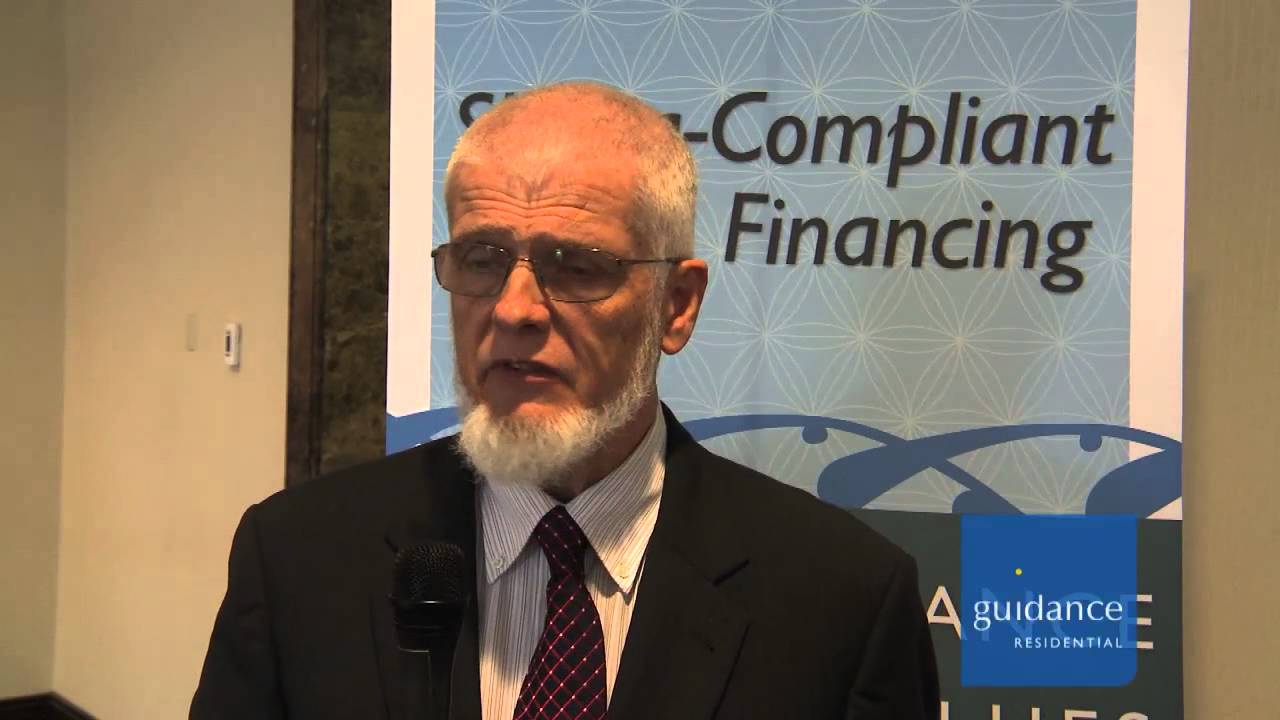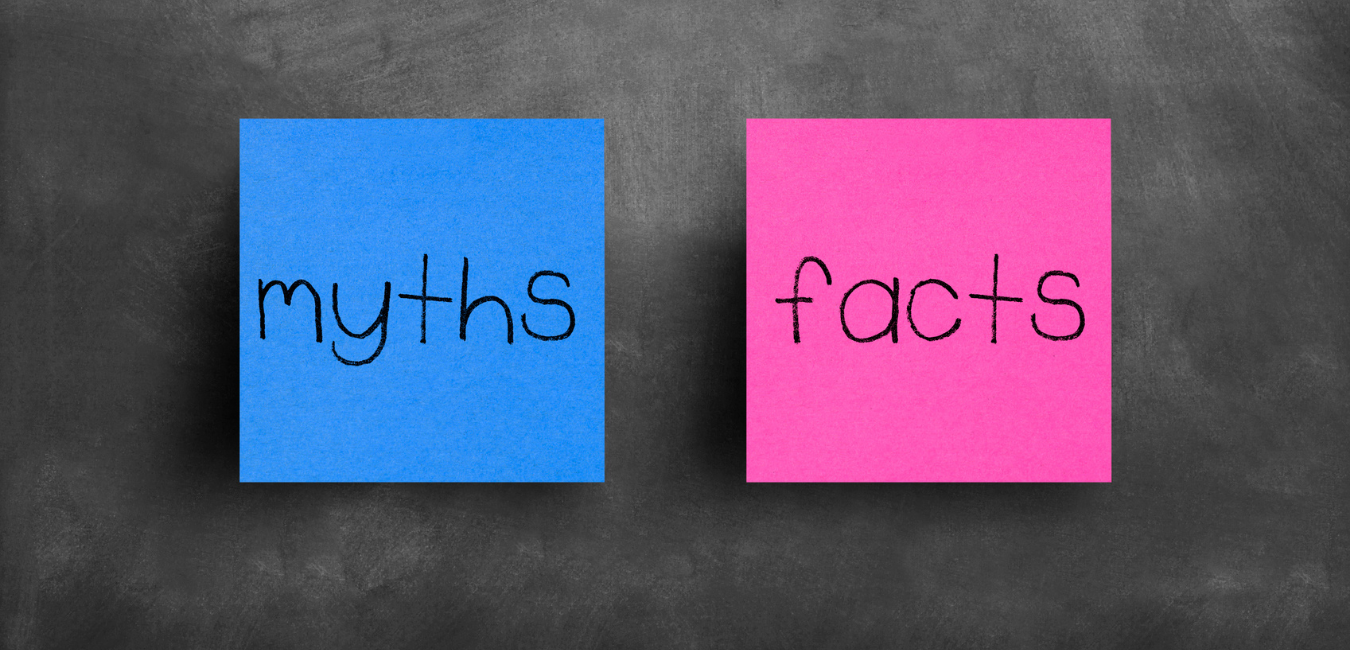George Washington Was a Friend of Muslims By Craig Considine

George Washington’s birthday, celebrated annually on Febr. 22nd, is an opportunity to reflect upon his exemplary character and the example he set for future generations of Americans. While much is known about Washington’s military service and political career, less is known about his attitude towards religious freedom and his relationships with Muslims. Looking closely at his personal documents, letters, and activities, we can see that Washington was indeed a proponent of religious tolerance and a friend to the Muslims in his midst.
When Washington completed his second term as the first President of the United States of America, he retired to his estate at Mount Vernon, Virginia, where he spent the remainder of his life in the company of his slaves. We know from a 1784 letter to Tench Tighman, who inquired as to what type of workmen Washington wanted at Mount Vernon, that Washington cared for “good workmen.” He confirmed, “they may be of Asia, Africa or Europe. They may be Mahometans [Muslims], Jews, or Christians of any sect, or atheists.”
The archaeological records at Mount Vernon show that some of Washington’s slaves were, in fact, Muslims or at least descendants of Muslims from west and northwest Africa. A tithe table from 1774 documents the 7th century Muslim-sounding names of “Fatimer” and “Little Fatimer,” which appear to be a reference to the name “Fatima,” the name of the daughter of Prophet Muhammad. In another instance, a young woman named Letty, one of Washington’s slaves who was released upon his death, gave birth to a girl she named “Nila.” A scholar of Mount Vernon, Mary V. Thompson, argues that “Nila” is the phonetic spelling or an adaptation of a Muslim woman’s name, “Naailah,” which means “someone who acquires something.” Thompson speculates that “Nila” was a name remembered from Africa, and that Letty wanted her daughter to carry the name into newfound freedom. The fact that these slaves were able to retain their Muslim-sounding names is evidence of Washington’s tolerance for non-Christian influences at Mount Vernon.
The most interesting story regarding Washington’s slaves is that of Sambo Anderson. Mary Thompson suggests that Sambo, whose name was common in modern northwestern Nigeria and southern Niger during the 18th century, was likely a descendent of the West African Hausa people, who, she writes, “bore a strong Islamic influence” that had come to them from Mali, perhaps as early as the 14th century. The Art and Life in Africa Project at the University of Iowa also provides a link to Sambo’s Islamic background. On its website, the project states that early Islam in Hausaland “proceed peacefully … In many cases, the ruling elite were the first to convert to Islam.” Thompson also found that Sambo spoke about being of royal lineage. He had facial cuts, which denoted tribal affiliations and had tattoos and gold rings around his ears, which marked him as royalty.
Another piece of evidence concerning Sambo’s Muslim background is Washington’s will, which stated that Sambo fathered six children with two different women, both of whom lived at the River Farm area of Mount Vernon. Thompson writes: “[g]iven the likelihood that Sambo was a Hausa, most of whom were Muslim, his polygamy, if any, was probably a reflection of an Islamic background.” Sambo, as Thompson concludes, may have been practicing the marriage pattern he was familiar with in Hausaland.
In an article entitled “Mount Vernon Reminiscence” that was published in the Alexandria Gazette on Jan. 18, 1876, “an old citizen of Fairfax County” contends that Washington and Sambo had a close friendship. The “Reminiscence” stated that Sambo was a “great favorite of the master [Washington]; by whom he was given a piece of land to build a house on.” The old citizen of Fairfax also revealed how Washington allowed Sambo to keep a small boat or skiff to “cross over the creek in, and for other purposes,” a rare privilege for a slave in colonial America. Washington would sometimes use Sambo’s boat, “but he never was the man to take it without asking [Sambo] if he could use it.” Washington’s behavior shows respect for Sambo’s property, and thus, for Sambo.
One Washington biographer, Professor Peter Henriques, suggests that Sambo was also an excellent hunter and was given permission by Washington to own a gun and ammunition, which were also rare privileges for a slaveowner to bestow up a slave. Washington seemed to have been close to Sambo to the extent that, according to notes recovered from Washington’s ledger, he used to visit Sambo to buy duck meat and honey. Washington and Sambo’s interactions highlight a rare connection between a slaveowner and slave. Washington did not seem overly concerned with Sambo’s religious preferences, rather he appeared to be more concerned with the man’s trustworthy and upright demeanor.
Another article from the Alexandria Gazette, dated Nov. 14, 1835, tells a meaningful story about the experience of a journalist, who had gone to pay respect to Washington’s burial place. While at Washington’s tomb, the correspondent wrote that he saw ‘[e]leven colored men … industriously employed in leveling the earth and turfing around the sepulcher.” He continues: “There was an earnest expression of feeling about them that encouraged me to inquire if they belong[ed] to the respected lady of the mansion. They stated that they were a few of the many salves freed by George Washington, and they had offered their services upon this last melancholy occasion.” The conduct of the “colored men” was so impressive that the correspondent inquired about their names, one of which was “Sambo Anderson.” Sambo’s behavior at Washington’s tomb was that of a man paying respect to his or her deceased friend. Washington must have left a positive impression on Sambo if he returned to his friend’s tomb in this manner.
While we should by no means dismiss the severity of Washington’s legacy as a slave owner, it is worth noting that, in a 1786 letter to his friend Robert Morris he wrote: “[t]here is not a man living who wishes more sincerely than I do, to see a plan adopted for the abolition of [slavery].” In another one of his letters, Washington criticized other Virginian slave owners “who are not always as kind and as attentive to their [slaves’] wants and usage as they ought to be.” Later in his life, Washington expressed remorse for his identity as a slave owner, stating that the “unfortunate condition of the persons whose labor in part I employed has been the only unavoidable subject of regret.” From these words, it is clear that Washington was remorseful for his shortcomings as a slave owner.
Aside from his affairs at Mount Vernon, Washington tolerated the presence of Muslims in his army during the Revolutionary War. Alongside Bampett Muhammad, who fought for the “Virginia Line” between 1775 and 1783, there is a man named Yusuf Ben Ali, also referred to by his slave name as Joseph Benhaley. Ben Ali was descended from North African Arabs and served as an aide to General Thomas Sumter in South Carolina. Sevgi Zübeyde Gürbüz (formerly Ertan) states in her article, “A History of Turks in America” (2002), that the modern day “Turks” of Sumter County, South Carolina, actually claim descent from Ben Ali.
Another man believed to be a Muslim in Washington’s army was Peter Buckminster, who etched his name into American history at the Battle of Bunker Hill by firing the shot which killed Great Britain’s Major General John Pitcairn. After being granted his freedom for freely enlisting in the army, Buckminster changed his last name to “Salem.” Historian Amir Muhammad points out that “Salem” is nearly identical to the word “Salam,” which is the word for “peace” in the Arabic language. Salem later reenlisted in Washington’s army and fought victoriously at the Battle of Saratoga and the Battle of Stony Point, where Washington served as commander. The presence of these men in several of Washington’s most defining moments suggests that Washington cared little for the religious makeup of his army and cared more for their devotion to freedom and independence.
In late 1777, Washington’s army suffered defeat after defeat against the British and were forced to surrender the major city of Philadelphia to the enemy. Washington’s worst day during the Revolutionary War came as his men were encamped at Valley Forge, Pennsylvania, on December 19 of that year. Washington stressed in a letter to his friend George Clinton of “the dreadful situation … for want of provisions, and the miserable prospects before us, with respect to futurity.” Just as his army reached its most desperate state, Washington learned of the news of a Muslim man named Sultain Sidi Muhammad ben Abdallah of Morocco, who showed interest in helping the Americans in their fight against the British Empire.
Upon learning of Washington’s conflict, Abdallah assisted Washington by listing the newly independent United States of America as a country whose trading ships would be welcomed in the ports of Morocco, a move which offered the potential for supplies to be shipped to Washington’s army. In 1778, shortly after his initial effort to help Washington, Abdallah appointed Etienne d’Audibert Caille, a French merchant, to serve as an ambassador to unrepresented countries such as the United States of America. These early diplomatic relations between the United States of America and Morocco culminated in the ratification of the Treaty of Marrakech in 1786, which remains to this day the longest standing foreign relations treaty in American history.
Congress found the Treaty of Marrakech so satisfactory that it passed a note of thanks to Thomas Barclay, a diplomat at the American consulate in Paris, France, for his effort in finalizing the agreements. In reflecting on his experience while negotiating with Moroccans, Barclay wrote that Abdallah “acted in a manner most gracious … and I really believe the Americans possess as much of his respect and regards as does any Christian nation whatsoever.” Barclay said that Abdallah was a “just man, according to this idea of justice, of great personal courage, liberal to a degree, a lover of his people, [and] stern.”
In effect, the Treaty of Marrakech demonstrates that Washington and other members of Congress had no reservations with trusting or entering into a friendship with Muslims. The treaty is also evidence of how Washington and other early Americans judged foreign leaders not on the basis of their religious beliefs, but on the sincerity and strength of their character and conduct.
Washington’s appreciation for Abdallah was reaffirmed in a personal letter, dated December 1, 1789, which he sent directly to Abdallah’s court. In addition to ensuring America’s commitment to maintaining “peace and friendship” with Morocco, Washington stated that Americans would “gradually become useful to [their] friends.” Washington told Abdallah that so long as he was President of the Untied States of America, he would “not cease to promote every Measure that may conduct to the Friendship and Harmony, which so happily subsist between your Empire and [Americans].”
After the death of Abdallah in 1790, the Treaty of Marrakech was validated by Morocco’s new sultan, Moulay Suliman, who made it clear in a letter to the American consulate at Gibraltor that “we are at peace, tranquility and friendship with you in the same manner as you were with our father who is in glory.” Suliman added: “the Americans, I find, are the Christian nation my father most esteemed … I am the same with them, as my father and I trust they will be so with me … With good relations thus reaffirmed.” This official correspondence between American and Moroccan officials shows how both parties regarded each others’ faith with the utmost respect.
Washington’s tolerance of and friendships with Muslims may be a product of his adherence to the principles of Enlightenment, which emphasized a concern for human rights and freedom of choice. Washington believed that every person was “accountable to God alone for his religious opinions” and should “be protected in worshiping the Deity according to the dictates of his own conscience.” Washington’s tolerance of Muslims, and indeed of all religions, also manifests in a personal letter from 1783, in which he made it clear that the United States of America would be “open to receive … the oppressed and persecuted of all nations and religions, whom we shall welcome to participation of all our rights and privileges … They may be Mahometans [Muslims], Jews, or Christians of any sect.”
One of Washington’s most inspiring letters was addressed to the Hebrew Congregation of Rhode Island in 1783. Washington told these early Jewish Americans that he hoped that “the children of the stock of Abraham, who dwell in this land, [would] continue to merit and enjoy the goodwill of their inhabitants,” which insinuates that Washington would sympathize with Islam as well because Islam also holds Abraham in high esteem for founding the monotheistic tradition. In reaching out to the early Jewish American community, Washington makes the point that the more vulnerable religious groups in American society would be protected and safeguarded under the freedoms granted by the Constitution of the United States of America.
The most important lesson learned in studying Washington’s life lies in the realization that he and the other founding fathers never intended for America to become a nation that would struggle with religious bigotry. Washington made it clear in a letter to Edward Newnham in 1792 that quarrels over religious differences were “the most inveterate and distressing, and ought most to be deprecated.” He was explicit in his recommendation to avoid religious disputes because he felt that such problems “endanger the peace of society.”
It is possible that Washington’s friendship with Muslims is a result of his adherence to the rational principles of Deism, which emphasize a belief in God and not necessarily a belief in religion. Others might argue that it is his Christian faith that encouraged Washington to refrain from religious disputes. While we cannot be certain as to the reasons why Washington entered so graciously into friendships with Muslims, one could argue with credence that Washington saw no room for bigotry and religious persecution in the United States of America. Though Americans have not always followed the example put forth by Washington, a close reflection upon his life and his friendships with Muslims may help to reinvigorate Washington’s legacy, renew the pluralist vision put forth by the founding fathers, and establish the United States of America as the exceptional country it was destined to be.
From the “George Washington Was a Friend of Muslims” by Craig Considine (The Huffington Post)




